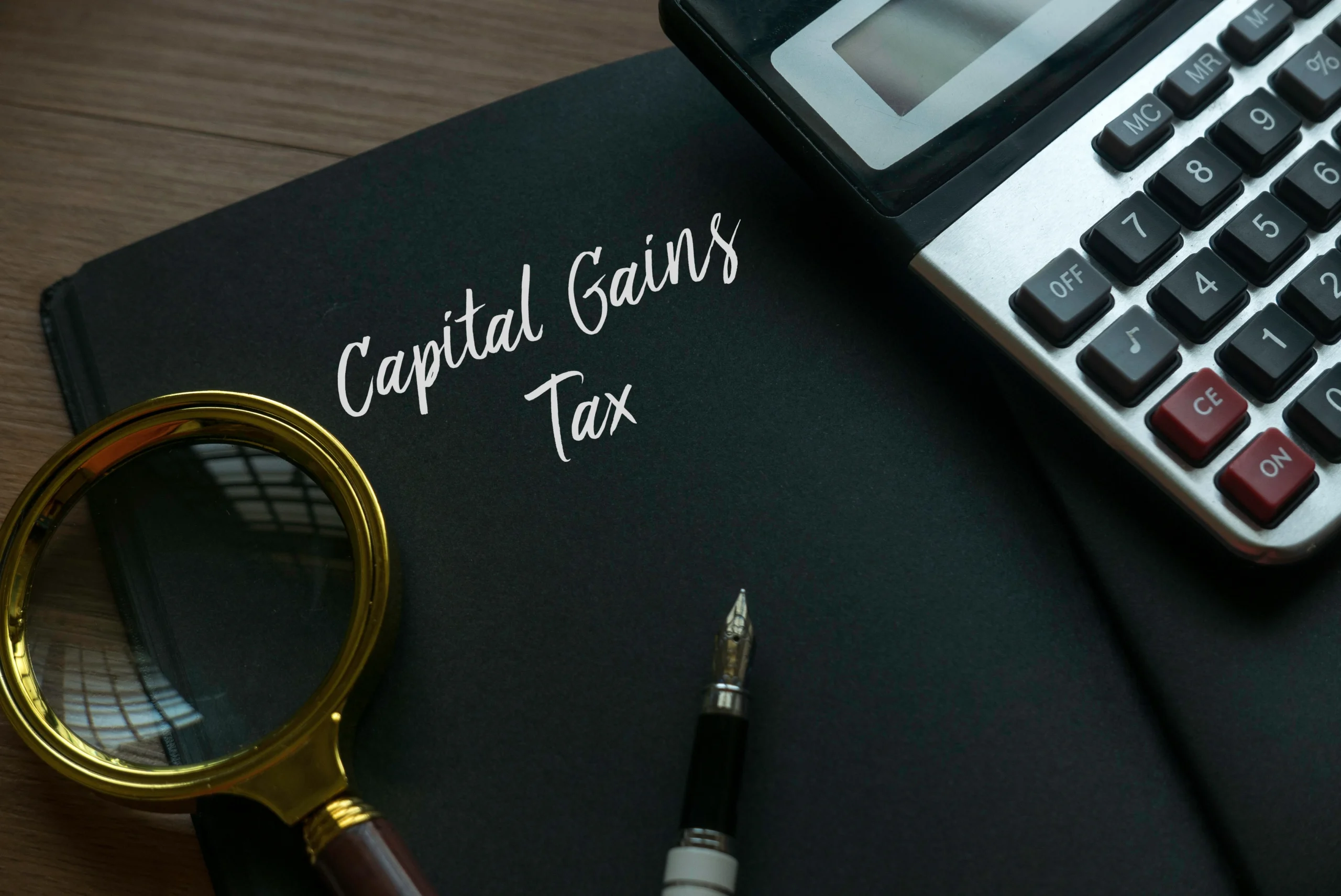As cryptocurrencies gain popularity, so does the practice of cryptocurrency mining and staking to earn additional income from investments. While these activities can be lucrative, it’s crucial to understand the tax implications they carry in Australia, especially as the ATO moves to tighten the rules and reporting obligations of platforms. In this blog we will explore the things you need to know about mining, staking, and of course tax.
Mining Cryptocurrencies
Cryptocurrency mining involves validating transactions and adding them to the blockchain. In Australia, mining is considered a business activity, and the income generated from mining is taxable. You must keep records of your mining activity, including the cost of any equipment (ie. computers, laptops, hardware etc), home office expenses, subscriptions, internet costs and mining rewards received. These records are vital for accurately calculating your taxable income and claiming all possible deductions for eligible mining-related expenses.
Reporting Mining Income
When it comes to reporting mining income, the ATO requires you to include the market value of the cryptocurrency you mined as ordinary income at the time you receive it. This value must be converted to Australian dollars at the actual rate or using the ATO’s prescribed rate. If you mine as part of a mining pool, you may also receive income in the form of new cryptocurrencies. Under the ‘cash or kind’ rule, you need to calculate the market value of the coins you receive and report that value as income.
Staking Cryptocurrencies
Staking involves participating in a proof-of-stake blockchain network and earning rewards for validating transactions and securing the network. In Australia, staking is also considered a business activity, and the rewards received are taxable. Similar to mining, you should keep records of your staking activity and report the rewards as ordinary income at the time of receipt.
Monitor your Holding Time to Minimise Capital Gain Tax (CGT)
If you mine or stake cryptocurrencies and subsequently sell or exchange them, you may be liable for capital gains tax (CGT) on any profits made. The length of time you hold the cryptocurrency before selling or exchanging it determines whether it’s classified as a short-term or long-term capital gain. If you hold the cryptocurrency for longer than 12 months, you may be eligible for the 50% CGT discount, meaning a potentially massive save at tax time.
Sounds complicated? Well we’ve got some good news. There are now powerful softwares like TaxTank which seamlessly manage Mining and Staking incomes, as well as investment in all assets including Shares, Crypto and Property. Let’s run through the benefits of going digital:
Automated Record-Keeping
Tax software designed specifically for cryptocurrency taxation, such as TaxTank, simplifies record-keeping by automatically tracking and organising mining and staking transactions when received. It aggregates data from various sources, including any investments in shares, cytpos or other assets to maintain both accurate records and full transparency of your investment portfolio.
Real-Time Tax Calculations
Tax software like TaxTank calculates taxable income, deductions, and capital gains or losses when assets are sold all year round, meaning no surprises at time time. It eliminates expensive accountant fees and the need for manual calculations, which ultimately reduces the potential for errors and ensures accurate tax reporting.
Comprehensive Tax Reports
Imagine a world where you can run one tax report, and any time of the year, and know your tax position from incomes and investments. Well imagine no more because that’s what you’ll get with TaxTank. These reports include all the necessary information required for your tax return, such as mining income, staking rewards, deductible expenses, and capital gains or losses. It simplifies the preparation of tax returns and ensures compliance.
In conclusion, cryptocurrency mining and staking offer exciting opportunities, but it’s important to be aware of your obligations when it comes to tax. Proper record-keeping, accurate reporting of income and deductions, and compliance with CGT rules are essential to avoid cost ATO audit adjustments. Tax software like TaxTank can simplify the process, automating record-keeping, facilitating real-time tax calculations, generating comprehensive reports, and providing peace of mind when it comes to cryptocurrency taxation.
Get started with a free 14 day trial today and see how easy it is to manage your crypto tax with TaxTank.





